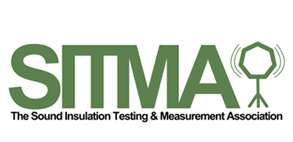Offices Nationwide

How loud is too loud?
Continued exposure to noise above 85 dBA (adjusted decibels) over time will cause hearing loss. The volume (dBA) and the length of exposure to the sound will tell you how harmful the noise is.
In general, the louder the noise, the less time required before hearing loss will occur.



Noise Disturbance
Building acoustics can help to mitigate the effects of noise disturbance which can have negative effects on health, well-being and general quality of life.
The Noise Policy Statement for England (NPSE) defines noise pollution as:
- Environmental noise: which includes noise from transportation sources. - Neighbour noise: which includes noise from inside and outside buildings. - Neighbourhood noise: which includes noise arising from industrial and entertainment premises, trade and businesses, construction sites and noise in the street.
This can be an important consideration for the location, design and construction of new developments.



Good Hearing?
A typical person with good hearing can hear from about 20Hz to 20kHz (the audio bandwidth). A person's voice will usually range from 500Hz to 2kHz.



Point of Reference
Points of Reference *measured in dBA or decibels:
- 0 The softest sound a person can hear with normal hearing
- 10 normal breathing
- 20 whispering at 5 feet
- 30 soft whisper
- 50 rainfall
- 60 normal conversation
- 110 shouting in ear
- 120 thunder


Copyright 2025 E2 Specialist Consultants Limited
Company No. 06728970

































